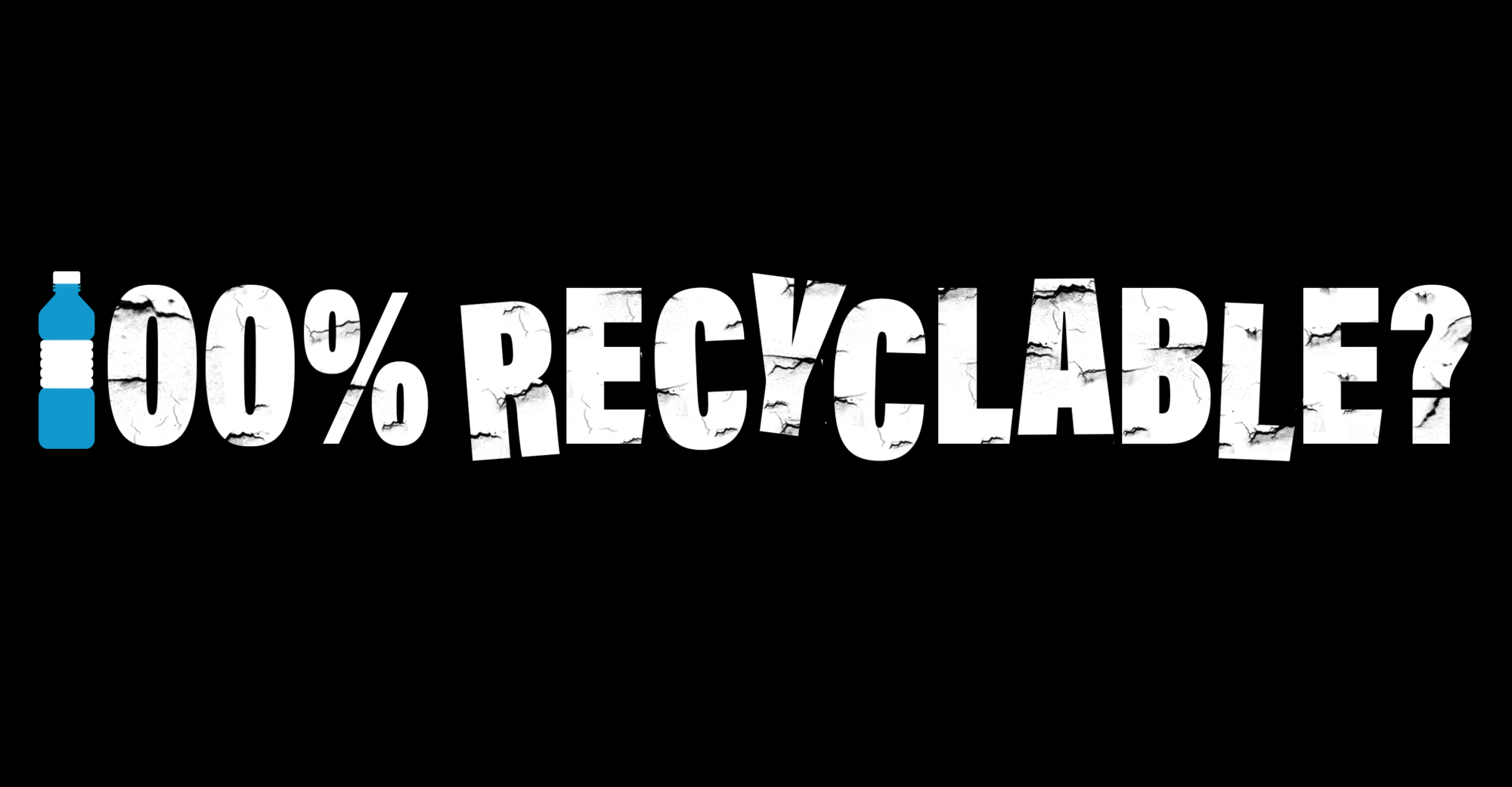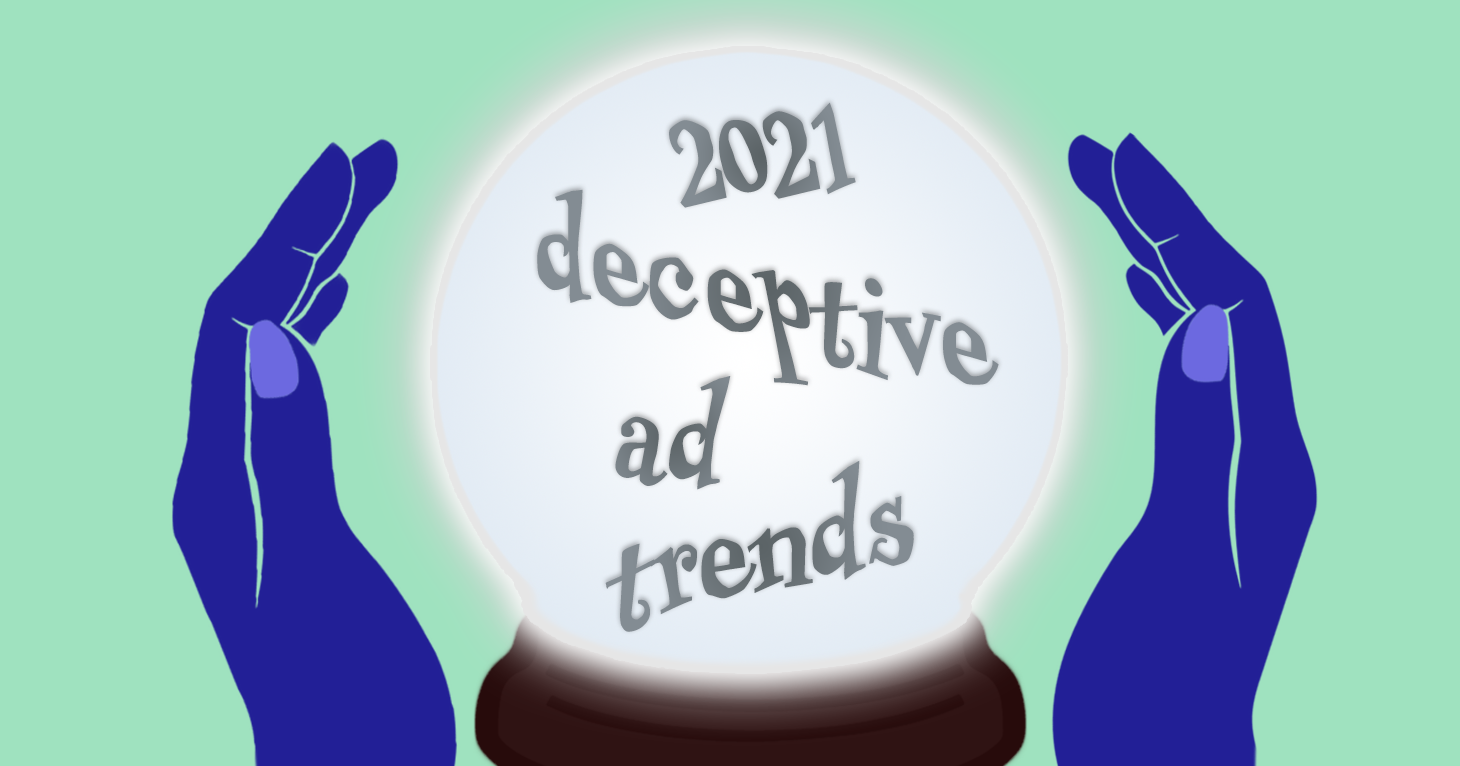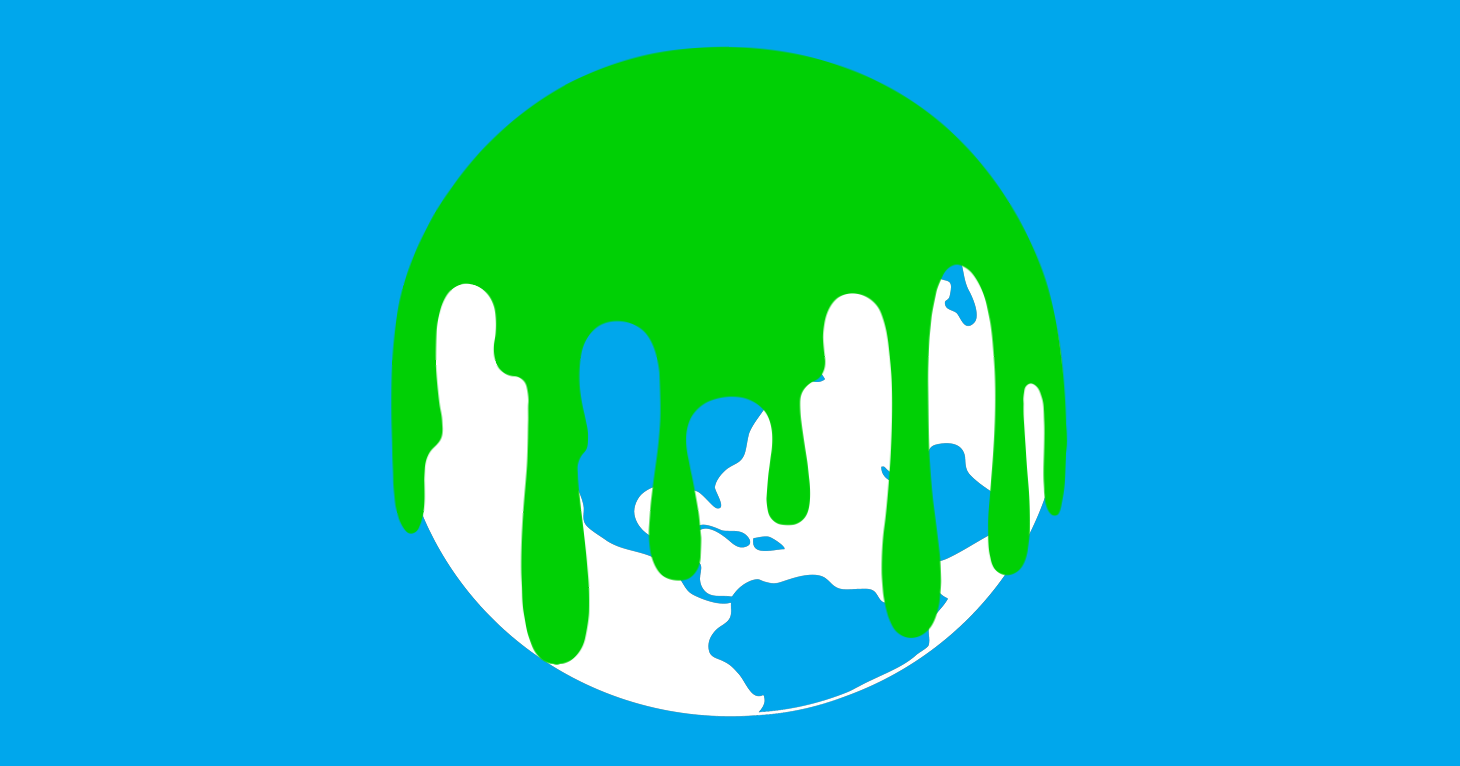
Companies Accused of Greenwashing
When companies green it, they better mean it.
If you’ve ever shopped around for a household appliance or new heating system, you’ve probably seen this sticker:
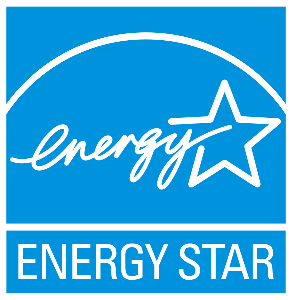
Energy Star was created in 1992 by the U.S. Environmental Protection Agency (EPA) and the Department of Energy (DOE) to help consumers identify the most energy-efficient products on the market. In order to get the Energy Star seal of approval, products are supposed to be tested and certified by independent third parties.
In 2010, the U.S. Government Accountability Office (GAO) put this product certification process to the test. The GAO developed 20 bogus products and submitted them for Energy Star certification. Shockingly (or embarrassingly, we’re not sure which), fifteen of those bogus products obtained the coveted blue star. Click here for the GAO’s report.
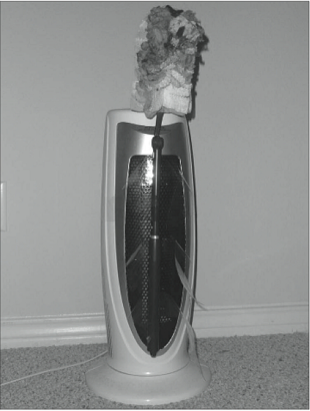
Two examples of the phoniest goods that passed muster are a gas-powered alarm clock, and a room cleaner consisting of a space heater with a feather duster attached to it (pictured at left).
During the investigation, the GAO also found that once a company registered as an Energy Star partner, the company could download the blue logo from the government website and stick it on products that had not ever been submitted to Energy Star for approval.
But before you lose total faith in Energy Star, the EPA and DOE have vowed to strengthen the program.
When companies green it, they better mean it.
Bottled-water brands mislead consumers who want to “do their part” and recycle, class-action lawsuits allege.
From fairwashing to fragrance, consumers have plenty to watch out for in 2021.
